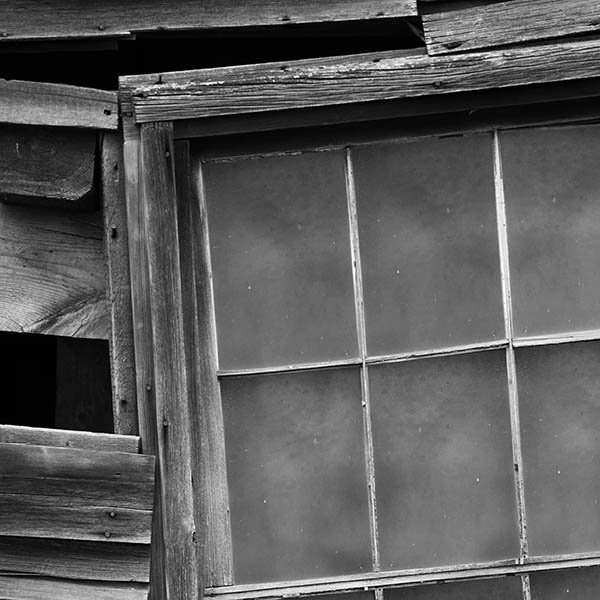August 12, 2021
Get to know: Missy Mazzoli's Proving Up
DREAM DENIED: Introducing Proving Up
Few new American operas have earned the acclaim received by Proving Up. “It seizes the imagination,” said San Francisco Classical Voice, and that opinion has been echoed around the country in the three years since Opera Omaha produced the world premiere.
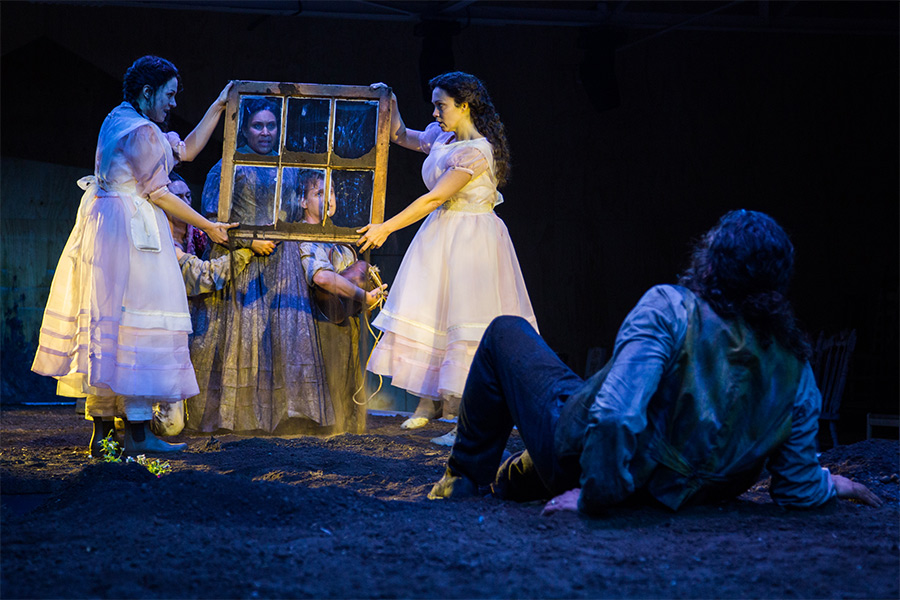
The opera is the latest collaboration by a creative team that is fast becoming hugely sought-after: composer Missy Mazzoli and librettist Royce Vavrek, who previously wrote Song from the Uproar: The Lives and Deaths of Isabelle Eberhardt (2012) and Breaking the Waves (2016). They’re currently working together again on commissions for the Metropolitan Opera. Mazzoli, among the most prominent American composers of her generation, recently concluded a term as the Chicago Symphony Orchestra’s composer-in-residence, and Vavrek has worked with other prominent American opera composers, including Ricky Ian Gordon, David T. Little, and Gregory Spears.
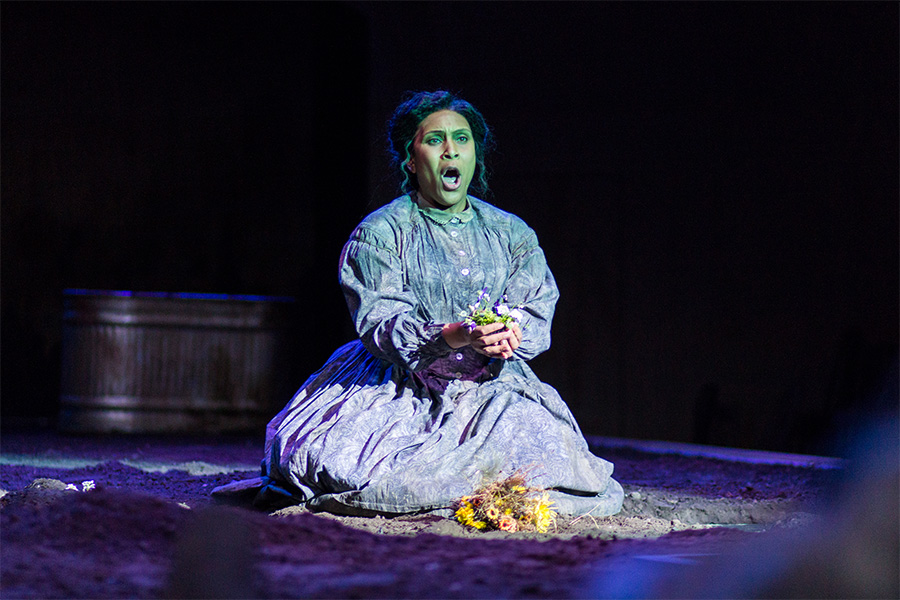
Mazzoli, who grew up in rural Pennsylvania, had long been interested in creating an opera about the American dream, and the idea that the dream could be denied even to those who give everything they have to achieve it. She and Vavrek found the source for their opera in “Proving Up,” a story by Karen Russell included in her collection entitled Vampires in the Lemon Groves. Washington National Opera initiated the commission, with Opera Omaha and the Miller Theater at Columbia University joining as co-commissioners. The opera’s Omaha premiere was singularly appropriate for a work with a plot set on the plains of Nebraska.
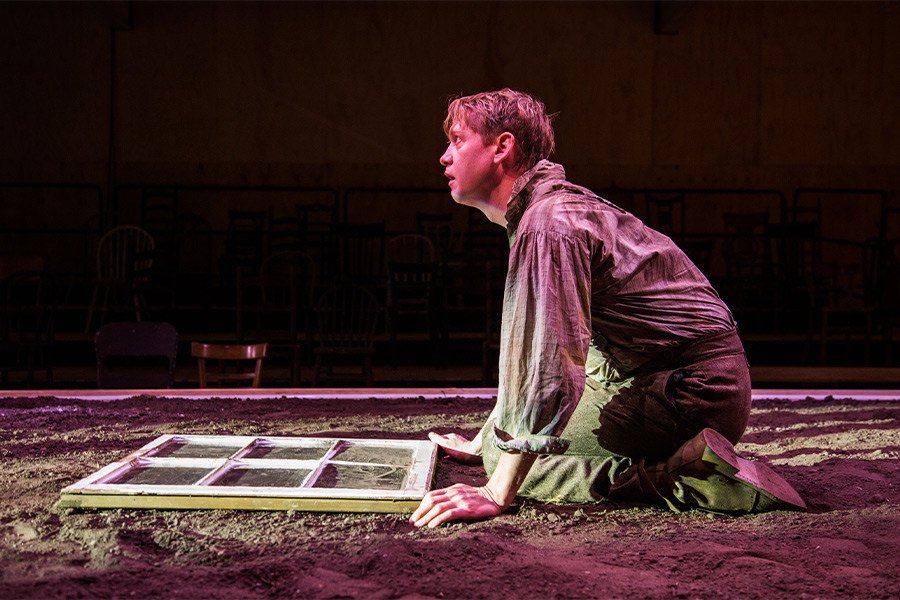
It’s the 1870s, a few years after this country passed the Homestead Act. Before the opera begins, the Zegner family has pulled up stakes from Pennsylvania and traveled to Nebraska, taking advantage of the Act giving them the chance to acquire 160 acres of public land per family to farm (or “prove up”). The Zegners’ two daughters have died (they appear as ghosts throughout the opera), leaving their parents and two brothers to survive through drought and famine. In Nebraska, the requirements for homesteaders to acquire the title to their land are building a sod house, growing grain, five years of successful harvest, and — bizarrely — the acquisition of a glass window (although glass in that region is exceedingly rare). The Zegners have the only glass window in their area, and their generous hearts lead them to lend it to another family (just for the period of the inspection, of course). They send their younger son, Miles, to deliver it, which leads to disastrous consequences.
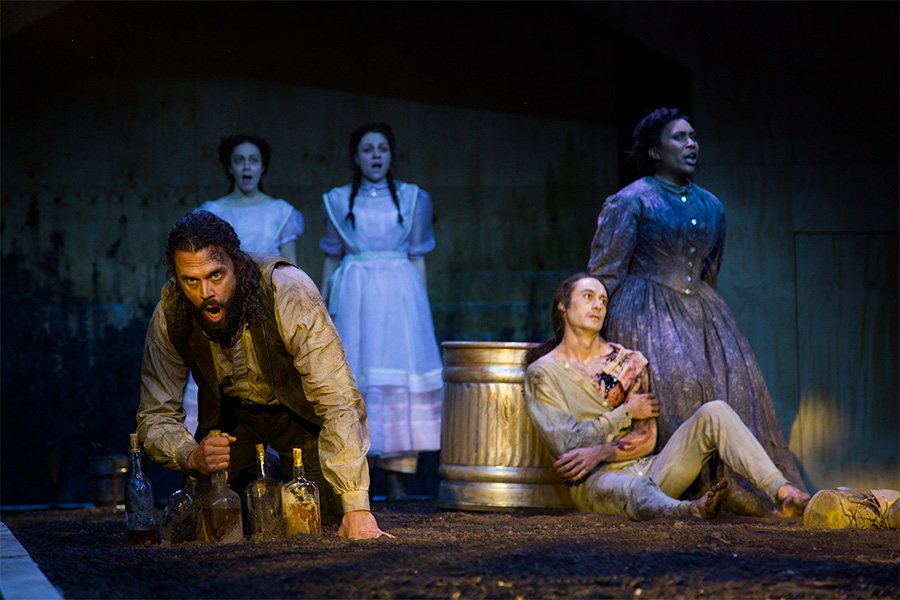
Mazzoli and Vavrek have created a 75-minute work with entirely manageable performance requirements: an orchestra of just a dozen players and a cast of just seven soloists (there is no chorus). There are eight guitars in the percussion section, and the ensemble also includes trumpet, harp, vibraphone, and even a harpsichord. Mazzoli commented to The New York Times about the guitar that “it’s a jangly quality, and it’s a dry quality. A guitar is also something that these characters could possibly have brought with them in a covered wagon.” The composer noted, significantly, that she departs from the direction taken by many other composers, “in that all my work is inspired by human beings. It’s all about people, and very specific, impossible situations that people find themselves in, and the intricate ways human beings interact.”
Proving Up
Proving Up
The American dream: the promise of a better life for those who work to achieve it. In this gripping drama, acclaimed composer Missy Mazzoli and librettist Royce Vavrek explore whether regular, hardworking people are able to fulfill their destiny — and what happens when fate is cruel, and their dreams turn into nightmares. A haunting, supernatural story of Nebraska homesteaders in the 1870s and their dream of “proving up” and obtaining the deed to the land they’ve settled, the opera draws us vividly into a world where the requirement of a single glass window can shatter the hopes and dreams of a family. The Washington Post called Proving Up “harrowing…powerful…a true opera of our time.”

